The most meta puzzle game
I'm a huge fun of "engineering" puzzle games—the most iconic ones being the output of Zachtronics, like SpaceChem or SHENZHEN I/O. Heck, they even mailed me a badge for being the 82nd person to ever complete Opus Magnum. I'm also quite fond of logic puzzles, like sudoku, especially variant ones. Basically, what I'm trying to say, is I'm a humongous nerd.
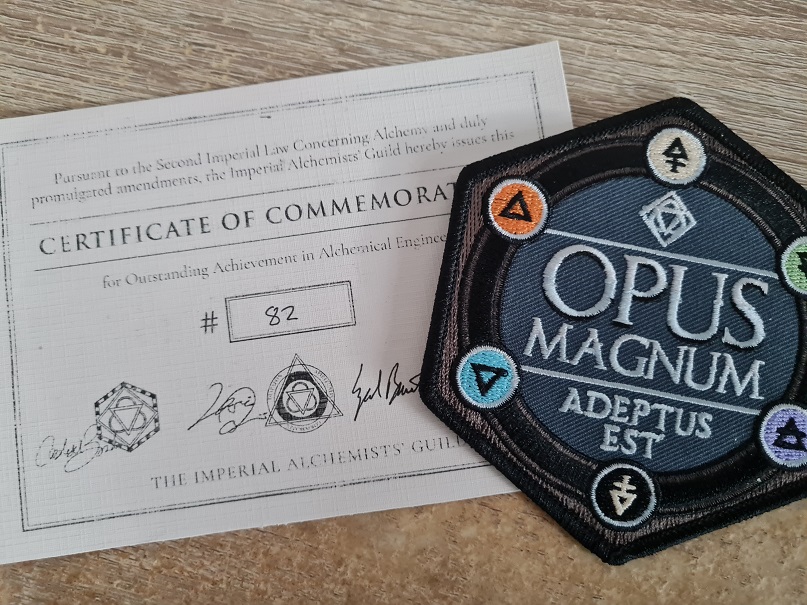
And I started playing Bombe.
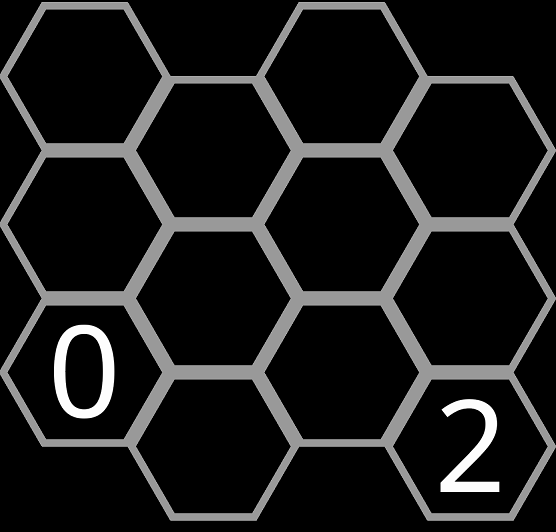
It's a Minesweeper game. Just a small hitch:
You don't actually solve the puzzles
Instead, you are greeted with these pre-populated"regions". For example, a 2 in Minesweeper means there's two mines next to it:
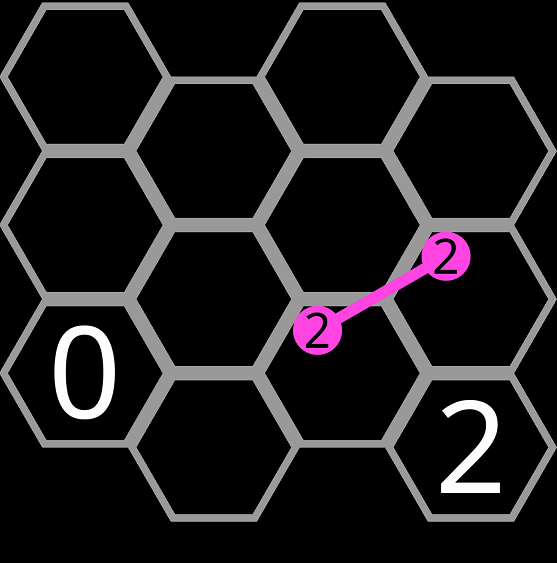
Then, using a initially-terrifying, but ultimately quite clever UI, you build a deduction rule to solve it instead. These deductions are based on regions and region overlaps.
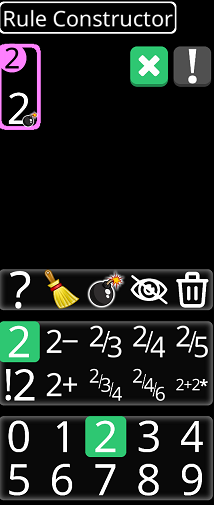
Here, we're saying if there's a region containing two mines, that also only has two open spaces, we know they're both mines. You set up the rule, and a couple more, and suddenly, the next 50 levels clear themselves automatically, because you've already set up all the deductions required for them!
It's an engineering logic puzzle game.
The tag line of the game fully explains and sells the concept:
Minesweeper, but you only solve each situation once.
The downside
This game has one of the steepest difficulty curves I've seen in the genre, almost by definition. Since you only need to write each rule once, you very quickly run out of simple observations. Complexity only goes up, and, eventually, you are left with only things just out of reach.
The system allows you to build deductions involving up to four regions:
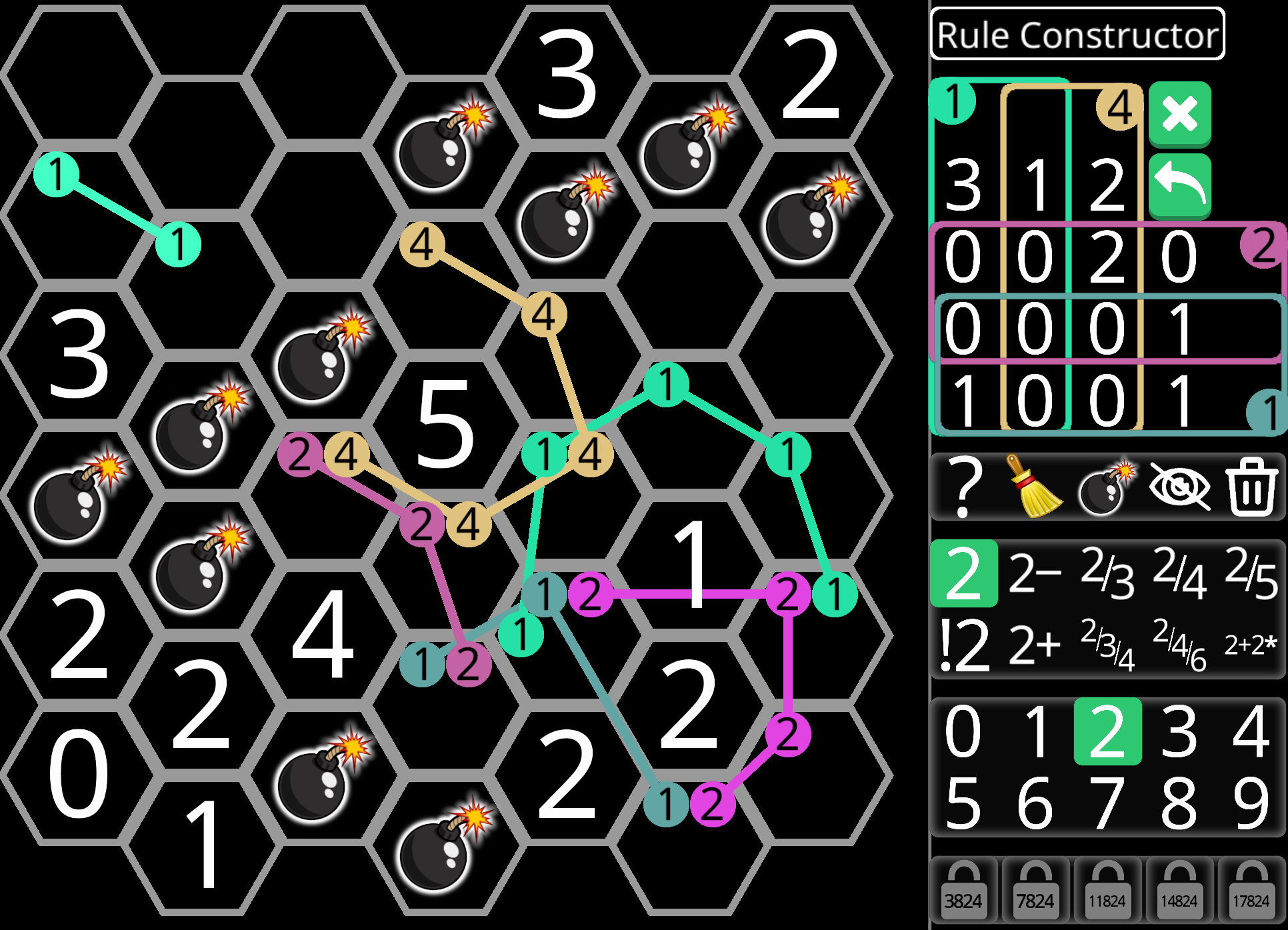
See that absolute monstrosity? It's what I'm currently stuck on. That Venn Diagram in the Rule Constructor shows you how many open tiles are part of which regions/region overlaps. You can even mouse over them to show you which ones they are.
You'll eventually end up with deductions that require MORE than four regions, so you'll have to build rules that create new regions containing deductions from two or more previous regions. It gets messy and complicated.
And I love it!